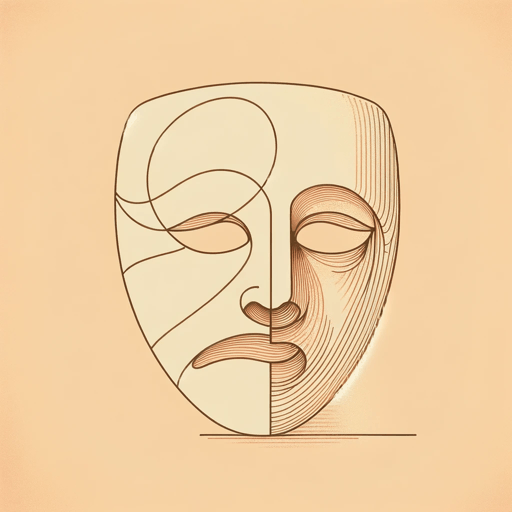56 pages • 1 hour read
AristotleMetaphysics
Nonfiction | Book | Adult | BCEA modern alternative to SparkNotes and CliffsNotes, SuperSummary offers high-quality Study Guides with detailed chapter summaries and analysis of major themes, characters, and more.
Books 11-14Chapter Summaries & Analyses
Book 11 Summary: “Kappa”
Book Kappa serves as a recapitulation of earlier themes from the work and integrates elements from Aristotle’s Physics. It revisits fundamental questions in philosophy, particularly concerning the nature of principles, substances, and the role of philosophy in understanding these concepts.
Aristotle begins by reiterating that philosophy is a science of principles and causes. He raises questions about whether philosophy should be seen as a single science or multiple sciences, given the diverse nature of principles. He also discusses the scope of philosophy, pondering if it should encompass all substances or just specific types and whether it should focus on substances alone or include their accidents.
One significant point Aristotle makes is the distinction between philosophy and other sciences like physics. He argues that philosophy is not concerned with final causes, which are about actions and processes, but rather with a different realm of inquiry. This leads to a debate on whether philosophy deals with perceptible substances or other forms, such as Plato’s Forms or mathematicals. Aristotle denies the existence of Forms and asserts that philosophy is not about mathematicals since they are not separable entities.
Continuing, Aristotle explores the relationship between philosophy and mathematics, arguing that philosophy, unlike physics, should address the matter of mathematical entities.
Related Titles
By Aristotle







